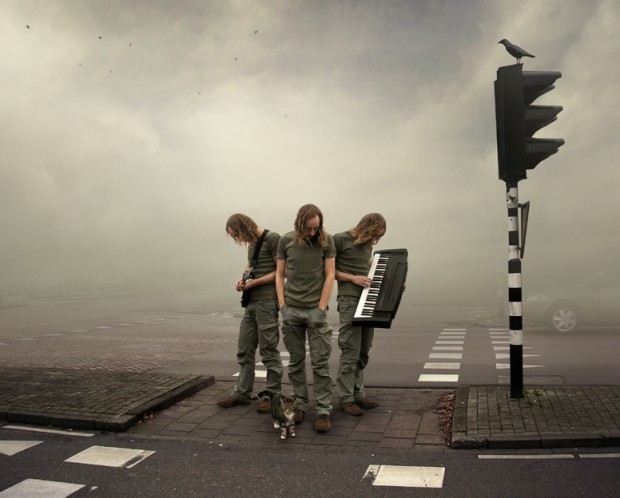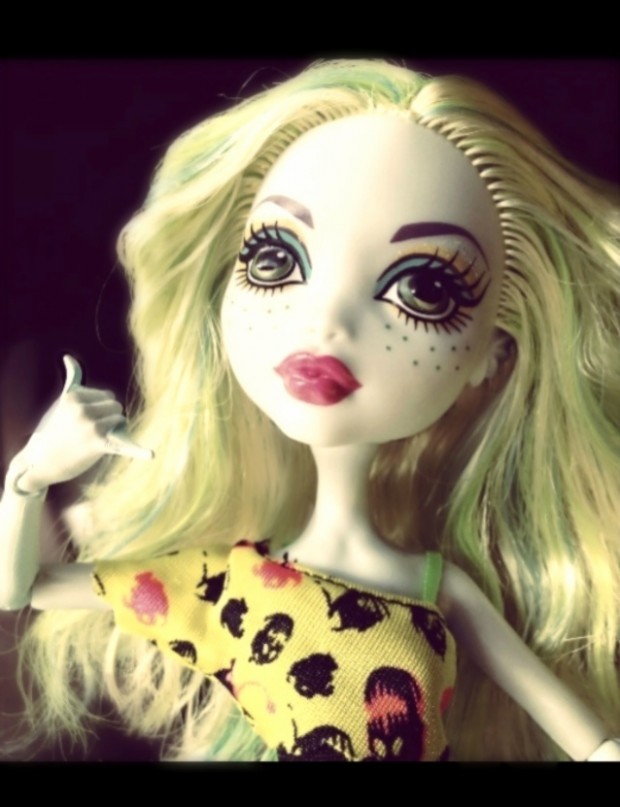You have no items in your cart. Want to get some nice things?
Go shopping
It is becoming ever more apparent that when it comes to art forms, there is an increasing focus on mimicking commercial success, rather than striving to create something that is new. The music and films and books we see advertised or placed on shelves of supermarkets and chain stores are so often simply reconstituted copies of successful precedents. We are given prequels and sequels, reboots and adaptations, remixes and novels that are copies of novels that are copies of novels.
Take Julian Barnes observation, as published in The Paris Review “[After September 11th 2001] Publishing houses were only looking for books that were imitations of other successful books.”
The concern with this, I think, (if we look at it from a purely cultural and human point of view rather than any political or economic one), is that if the most readily available art forms are not art forms at all – and simply reconstituted and cloned copies – then we may soon lose any sense of “newness”. Instead we may soon live in a world void of culture, without inspiration, in which we cannot create new forms of art.
Mark Fisher explores the consequences of a world without the existence of “the new” in his seminal work Capitalist Realism. Fisher notes that “the new defines itself in response to what is already established; at the same time, the established has to reconfigure itself in response to the new.” There is a cyclical relationship between culture – both existing, past and future – and art forms that is finely balanced. The worrisome aspect of the way in which we get more and more of the same old cloned art forms and not very much of anything that is new (new art is by its very nature unknown, and therefore harder to gauge how well it will do commercially) is that this might upset the delicately balanced relationship between culture and art. If there is no new art, there is no new culture. If there is no new culture, perhaps there will be no new art. And so on ad infinitum.

Since man first took the earliest form of paint and used it to mark his hand on a cave wall some 40,000 years ago, mankind has never been without art. We have never stopped seeking to express ourselves through it. We express ourselves because we seek answers, and respond to other pieces of art we encounter by posing questions that make us re-evaluate the meanings we impose on the world we experience. Art helps us question and reassess our realities, and in doing so helps the creation of new ideas, new cultures, new art forms, that in turn repeat the process on and on. What the stifling presence of churned-out, cloned-copies of everything means, is that we are being exposed to far less new art than ever before.
I’ll turn to the late, great, David Foster Wallace in helping explain why we need to keep questioning our world, rather than accepting it:
“If you’re absolutely sure that you know what reality is and who or what is really important […] then you won’t consider possibilities that aren’t pointless and annoying […] the only thing that’s capital-T-True is that you get to decide how you’re going to see something. You get to consciously decide what has meaning and what doesn’t. You get to decide what to worship.”
Questioning our world, interpreting it, provides meaning. This, surely, is also the essence of art. The ability to question it, interpret it, and so derive meaning is what creates art, in all its many guises.
Take the writer. The writer decides what they think a story they have written is about, but equally they have to remember that people who read it may decide something completely different about what means what and why. It’s also vitally important that people do decide different things, because that means they are connecting with the writing on a level that means something to them and its not just a case of everybody reading something and immediately seeing straight to the heart of it and knowing straight away what it’s all about. This is important because you can’t do this in life: you can’t looks at the things you’ve seen and think back on your memories and say “Yes. That; that is what it’s all about. It’s so obvious.”
If you can’t do it with life, then you shouldn’t be able to do it when reading some piece of writing, because writing needs to have some sense of mystery about it, and writing is trying desperately hard to capture the moments of life that we connect with and feel all about us but still sometimes, somehow don’t actually see or grasp the meaning of, because we miss what’s obvious and immediate. If we didn’t, then we’d probably all know too much and just sit around doing nothing, thinking “Yup, that’s all done. Figured it all out, baby.”
This is perhaps the problem with all these sequels of prequels of reboots at the movies, and auto-tuned music that is created using digital software so that it all sounds the same, and copies of commercially successful novels that are copies of commercially successful novels. They’re too obvious, and they don’t have any sub-text. They don’t have any of the secrets that are veiled by language that connect us, at our very deepest levels, as humans. With every sequel, with every repetition of form and the creation of tropes, our ability to find a little mystery we can relate to disappears, because we come to learn what it’s all about, we begin to understand everything that’s going on. We begin to know what a story is about, before the narrative has even begun. And what’s the point of a narrative if you can’t find any secrets in it?
David Foster Wallace, reminds us, in a speech published by the Guardian, that “the most obvious, ubiquitous, important realities are often those that are hardest to see and talk about”. There are “important realities” for us to discover, yet will we still have an urge to search for them if everything we are given is easy to understand and easy to talk about? Rather than being challenged by art in a way that makes us question it, we are so often presented with media so void of meaning that it’s hard not to think for a moment that maybe there isn’t a meaning to anything, after all.

This isn’t meant as a criticism of anyone who watches, reads or listens to these clone-like products. But criticism is directed at the conglomerate corporations that have such a stranglehold on media, that means independent artists are squeezed so much to the margins.
The seven largest film production companies in America (Warner Bros, Paramount Pictures, Walt Disney Corporation, 20th Century Fox and Sony) control 95% of the US film business. These same companies (under the guise of the conglomerates they are a part of) control most of the Western media; the music and newspapers and television and mainstream magazines.
When faced with these figures, where can “independents” – those who “look to express themselves without restriction” (This Film is Not Yet Rated) – fit into the system? It’s pretty hard to find a space for them. Surprisingly, having all the wealth and power and influence in the hands of a select few isn’t conducive to having lots of independent voices speaking up and making and creating art.
However, instead of bemoaning this, we’ll celebrate the fact that in spite of the odds, independent artists keep going. There’s still a drive to want to create something for the sake of art, rather than financial or monetary gain. You can find such artists throughout Litro’s website and magazine issues. You can find independent music artists supported by sites such as YouBloom, and you can find pieces of art that wouldn’t be found elsewhere on free online galleries such as Contemporary & Modern Art Blogspot.
There is still the essence of “the new” in the Western World. It’s not obvious, nor is it the easiest thing to find, or talk about. But it is important, and it is there. Like subtext and meaning, it’s just hidden below the surface.

About Samuel Dodson
Samuel Dodson is an award-winning writer and editor based in London, UK. A graduate (BA and MA) of the Warwick University Writing Programme, he has appeared on the BBC and LBC, and is the founder of Nothing in the Rulebook – an international collective of writers and artists. His first book, ‘Philosophers’ Dogs’, will be published by Unbound in 2021.
- Web |
- More Posts(4)





My latest article for Litro Magazine is now live. ‘Rise of the Clones and the End of the New’ – https://t.co/Vr4a0cybSM
Samuel Dodson looks at culture and art in his blog post for Litro – https://t.co/4fS40SZP31
Rise of the Clones and the End of The New | Litro https://t.co/SrtSW7cX5R
Really good article here by my friend Sam Dodson, give it a read!
@youbloom You’re in our article – https://t.co/4fS40SZP31 by @InstantIdealism